People around the U.S. share their concerns as the standing of Roe v. Wade hangs in the balance and states tighten abortion restrictions.
Content warning: This article discusses topics such as sexual assault and abortion.
An audio version of this piece is coming soon.
Last night, a draft opinion from the United States Supreme Court was leaked to the press, indicating that the court may be preparing to overturn Roe v. Wade, giving states the right to make abortions illegal. According to POLITICO, this is the first time in the modern history of the Supreme Court that a draft decision was leaked to the public while the case was still pending.
But for months before that, newsfeeds have been flooded with posts about abortion restrictions throughout the U.S., from Ohio to Texas. People have taken to social media and the streets to express their concerns about the possible descent into a dystopian world they say would happen if abortions were banned.
On April 26, the Oklahoma legislature approved a bill that prohibits abortions after six weeks, and tightens restrictions on those traveling across state lines to receive abortions in the respective state.
Earlier in April, Oklahoma Gov. Kevin Stitt signed a law that entirely outlaws abortion outside of medical emergencies. Senate Bill 612 makes the procedure a felony punishable by up to 10 years in prison or a $100,000 fine. Other bills approved include “The Oklahoma Heartbeat Act,” or Senate Bill 1503 which according to CNN, “would prohibit abortions at the time when a physician can detect early cardiac activity in an embryo or fetus.” Another bill in the Oklahoma legislature allowing private citizens to create civil lawsuits against abortion providers is up for approval from the Oklahoma House of Representatives.
Andrea Gallegos, theexecutive administrator of the Tulsa Women’s Clinic in Oklahoma, said her clinic provides “safe, afforable, acessible abortion[s]” to women.
“We want to make sure patients have a safe and comfortable experience when they come and see us,” she said.
Gallegos’ clinic offers medical abortions for up to 10 weeks of pregnancy and surgical abortions for up to 18 weeks. A medical abortion entails taking abortion pills. A surgical abortion involves the rmoval of a fetus through a suction tube.
Gallegos also oversees a clinic in San Antonio, Texas, a state seeing numerous attempts at anti-abortion legislation recently.
“It’s pretty devastating what’s happening to abortion access in this country right now,” she said. “And I’ve seen it firsthand in Texas already. And, unfortunately, these restrictions, they don’t stop abortion. They just add additional burden that already exists in accessing care.”
On September 1, Texas enacted Senate Bill 8, which restricts the ability of anyone to receive an abortion beyond six weeks of pregnancy, before most people know they are pregnant. The bill does not make exceptions for rape or incest. With SB8, anyone is allowed to sue an abortion provider or any medical professional that aids a patient with abortion care. They will owe the plaintiff up to $100,000 and be given a court order that hinders them from performing abortions in the future.
“Unfortunately, we saw thousands of Texas women have to flee the state to come to Oklahoma for abortion services,” Gallegos said. “And we’re, unfortunately, about to see the same thing happen in Oklahoma.”
During tumultuous times like this, abortion clinics in Oklahoma, like the Tulsa Women’s Clinic, are just trying to do what they can to stay afloat, she said.
“We’re gonna be here as long as we can, we’re going to provide care as long as we can, we’re gonna be together with the Center for Reproductive Rights in a lawsuit against this state of Oklahoma, like we’ve done in Texas, to try to stop this law,” Gallegos said. “We’ll be cautiously optimistic that we could potentially get an injunction which would allow us to go back to business as usual — that’s still a possibility that that could happen. Hopefully, we may get more relief than we did in Texas.”
Nancy Coryell is the president of the Roe Fund, a nonprofit in Oklahoma that provides financial assistance to no or low income individuals seeking abortions.
“It’s just been horrible and I think the conservatives have come out of the closet,” she said.
Coryell believes that the Supreme Court’s conservative makeup is not reflective of the American population.
“The majority of U.S. adults believe choice is a right,” she said.
According to a Gallup poll from May 2021, 49% of Americans identify as pro-choice.
“This is just the first step towards us becoming handmaids from ‘The Handmaid’s Tale,’” Gallegos said. “If you don’t control your body, you can’t control your life. If you can’t control your reproductive life, your options in your life are so limited… The right to have children when we want children is imperative to us having freedom.”
Lily Sisson, a fashion design major at Parsons School of Design from Oklahoma City, said that although the state is red the general population has respect for basic human rights.
“It feels like we’re going backwards in history, especially as a woman, a young woman,” Sisson said. “If something were to happen, and I’m thinking worst case scenario, like if I become a rape victim… I think it is my right to choose what happens to my body. And I think it is, it should be entirely up to me whether or not I decide to continue on with that pregnancy.”
Sisson still hopes Americans can fight these abortion restrictions. However, it will take work, she said.
“We’ve done it once, so we can do it again,” she said. “It’s going to be a test of the people. If the people don’t stand up, then the government or the state laws aren’t going to change. So I think we’ll be able to recognize and fight for it again, it’s just disappointing that we have to do it over and over.”
To donate to organizations such as the Tulsa Women’s Clinic and the Roe Fund, visit http://www.roefund.org or the Center for Reproductive Rights.
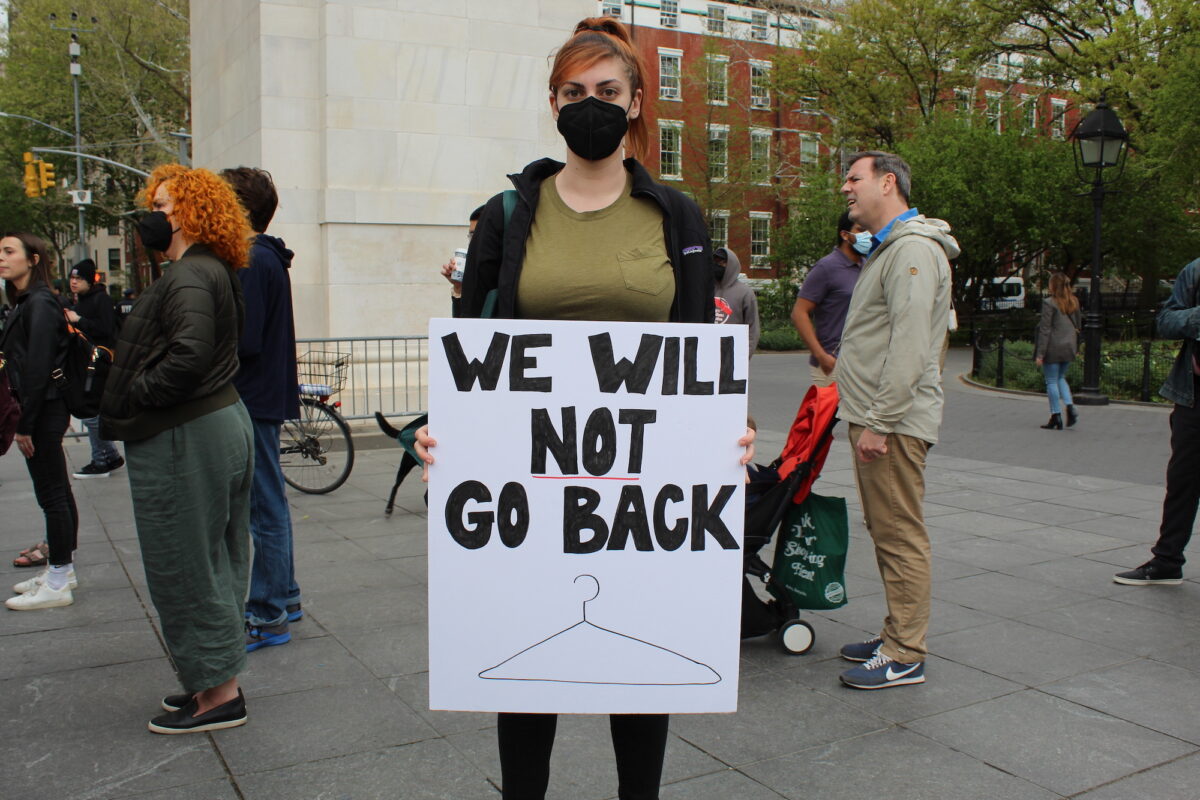
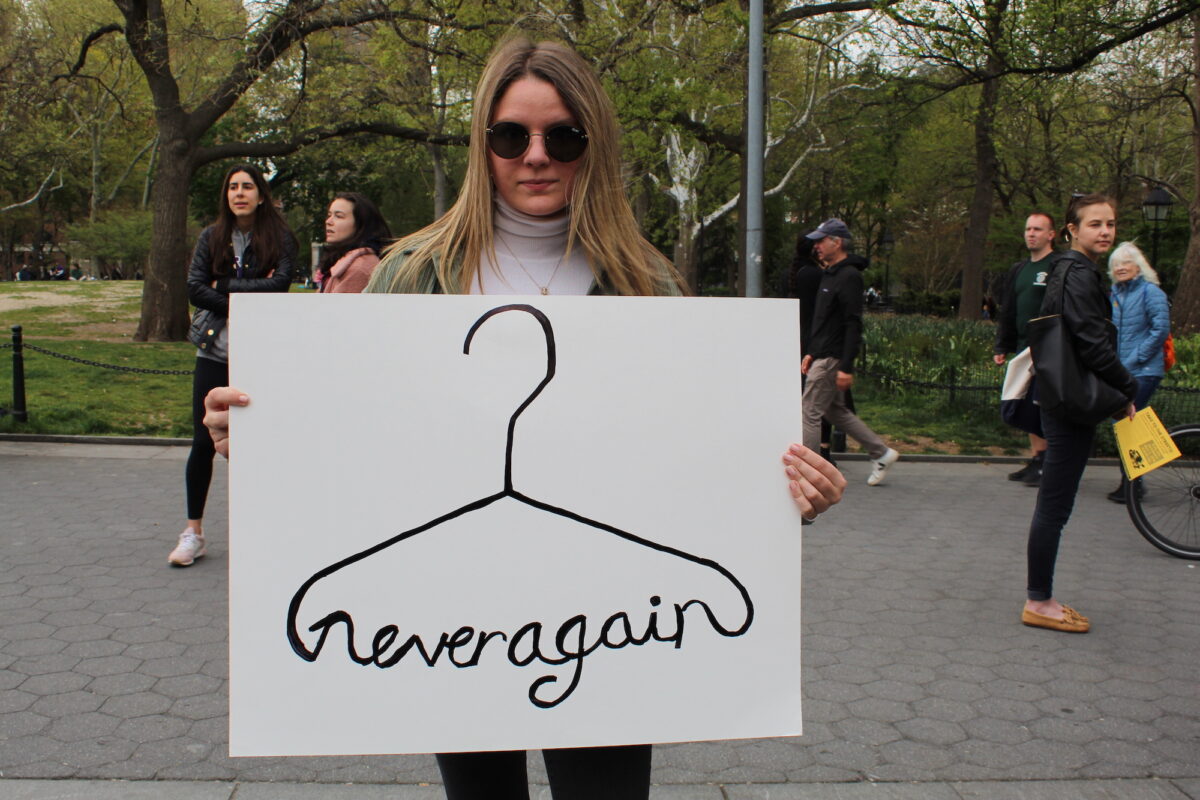
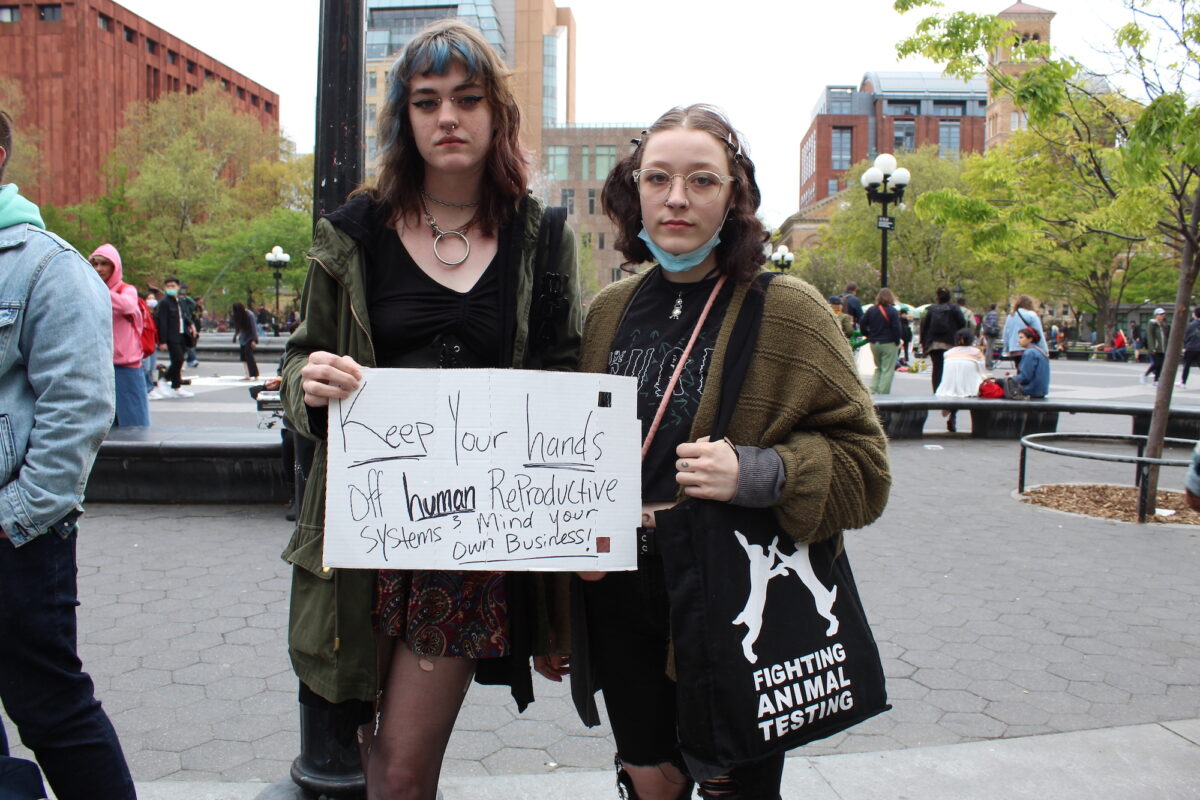
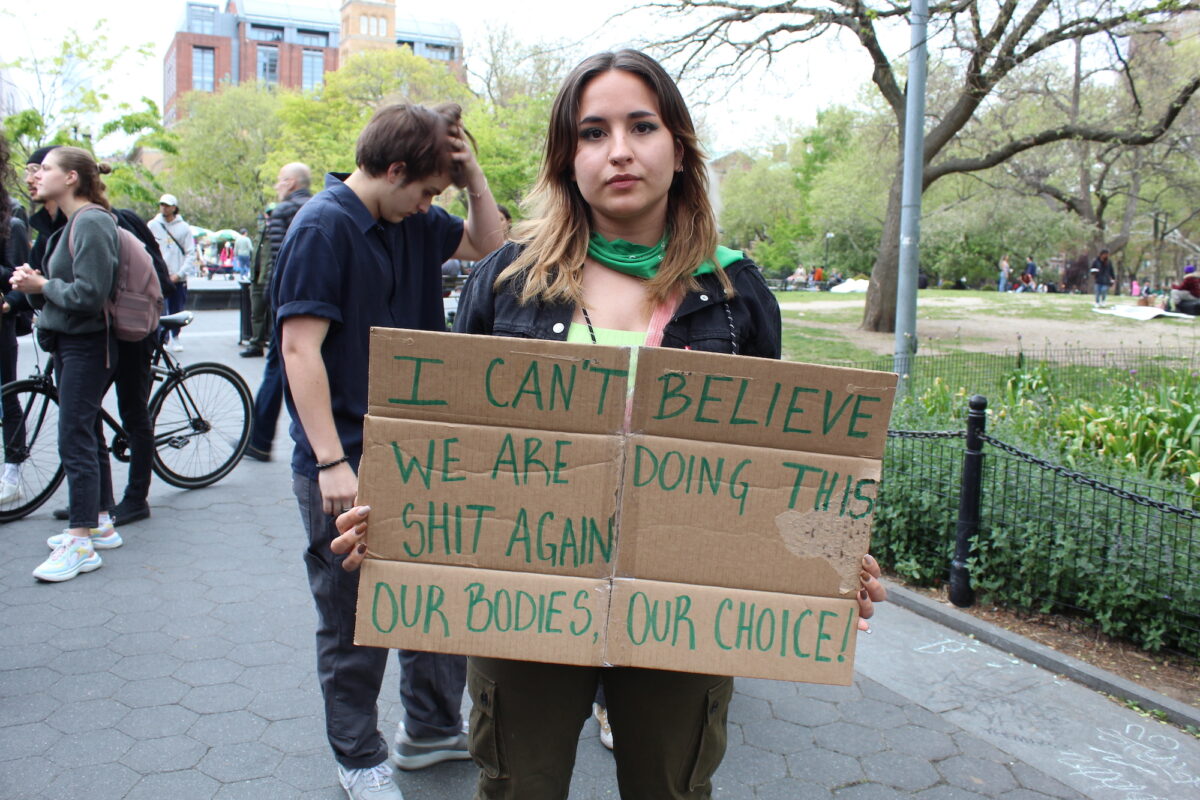

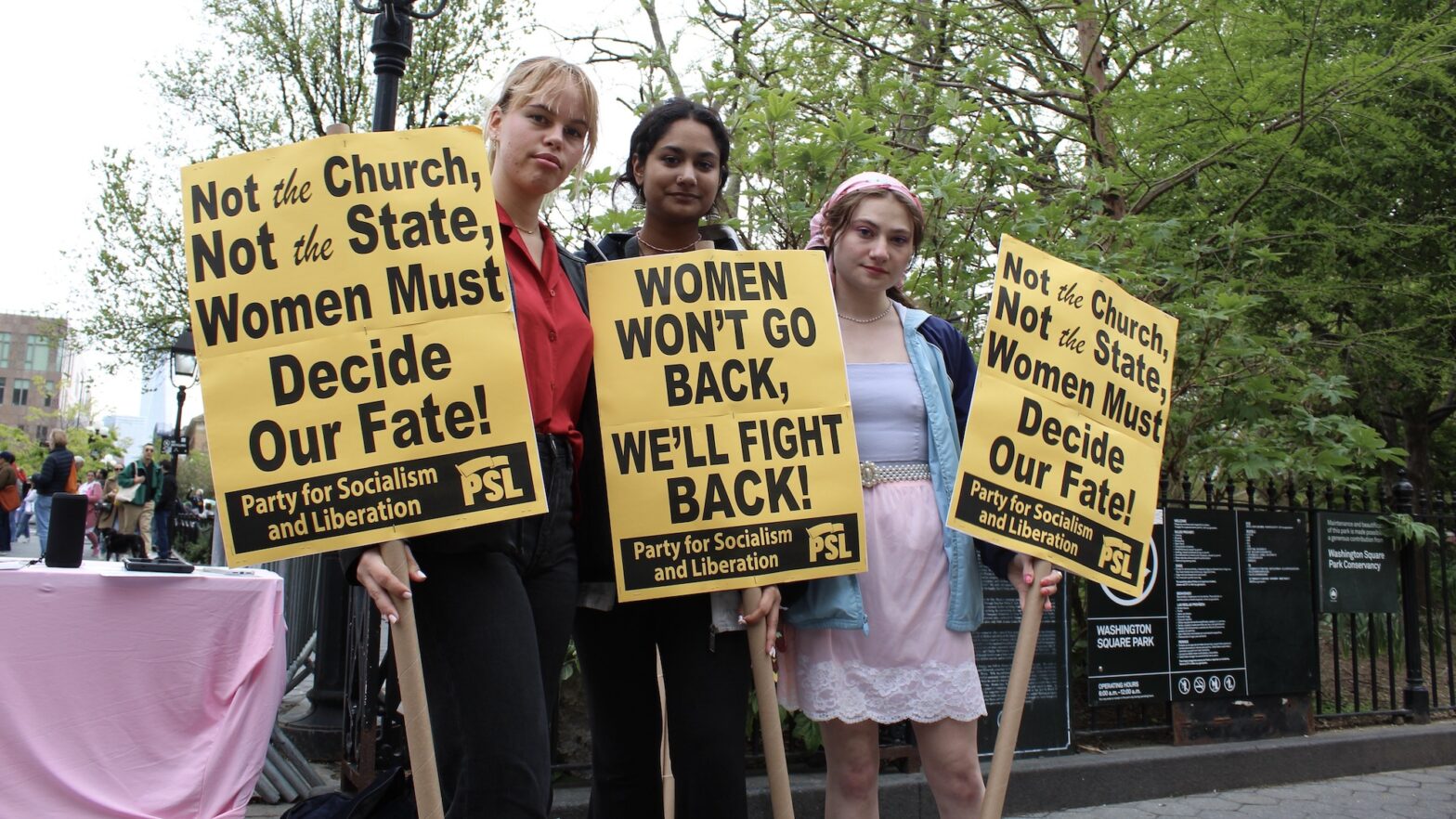
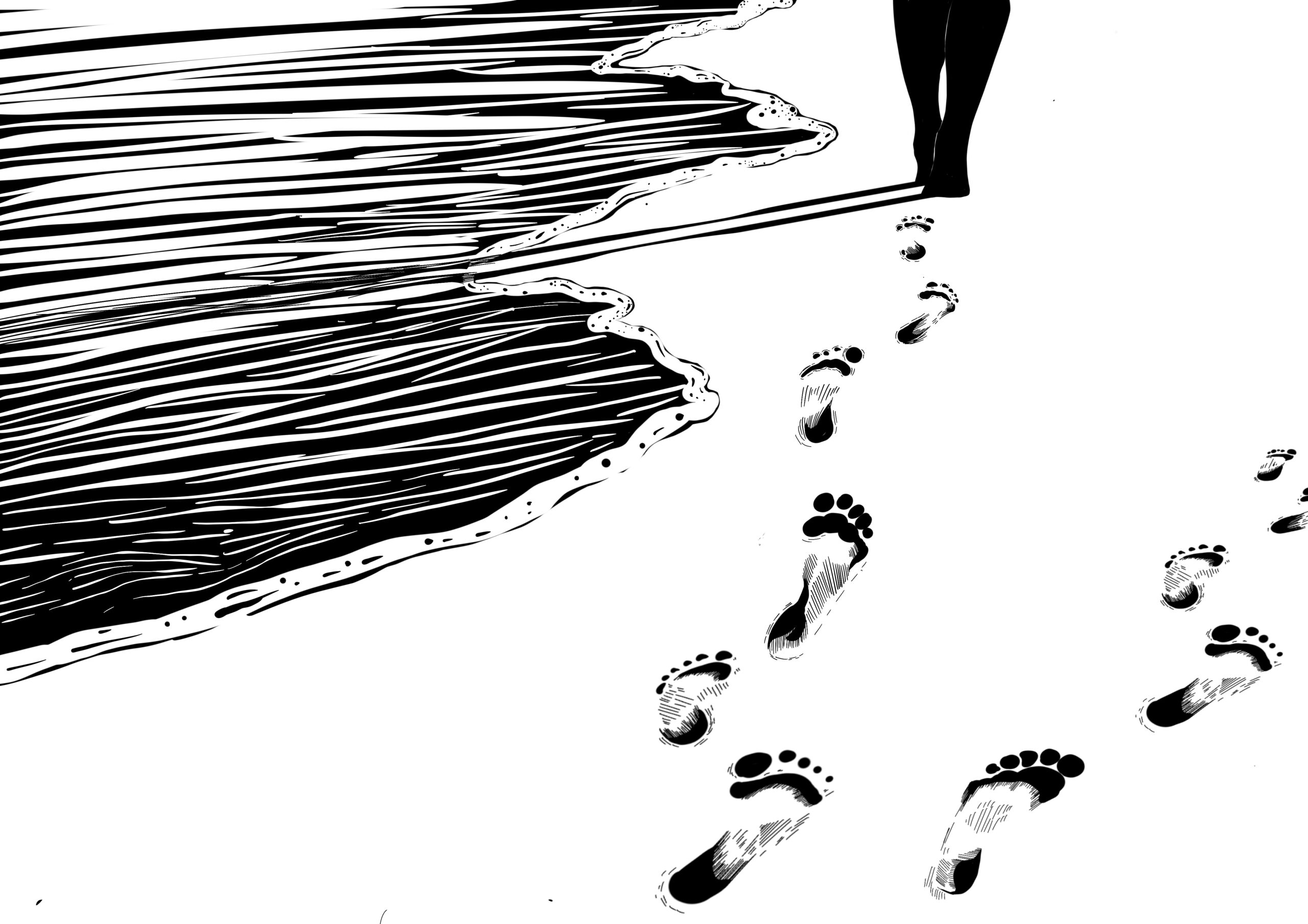
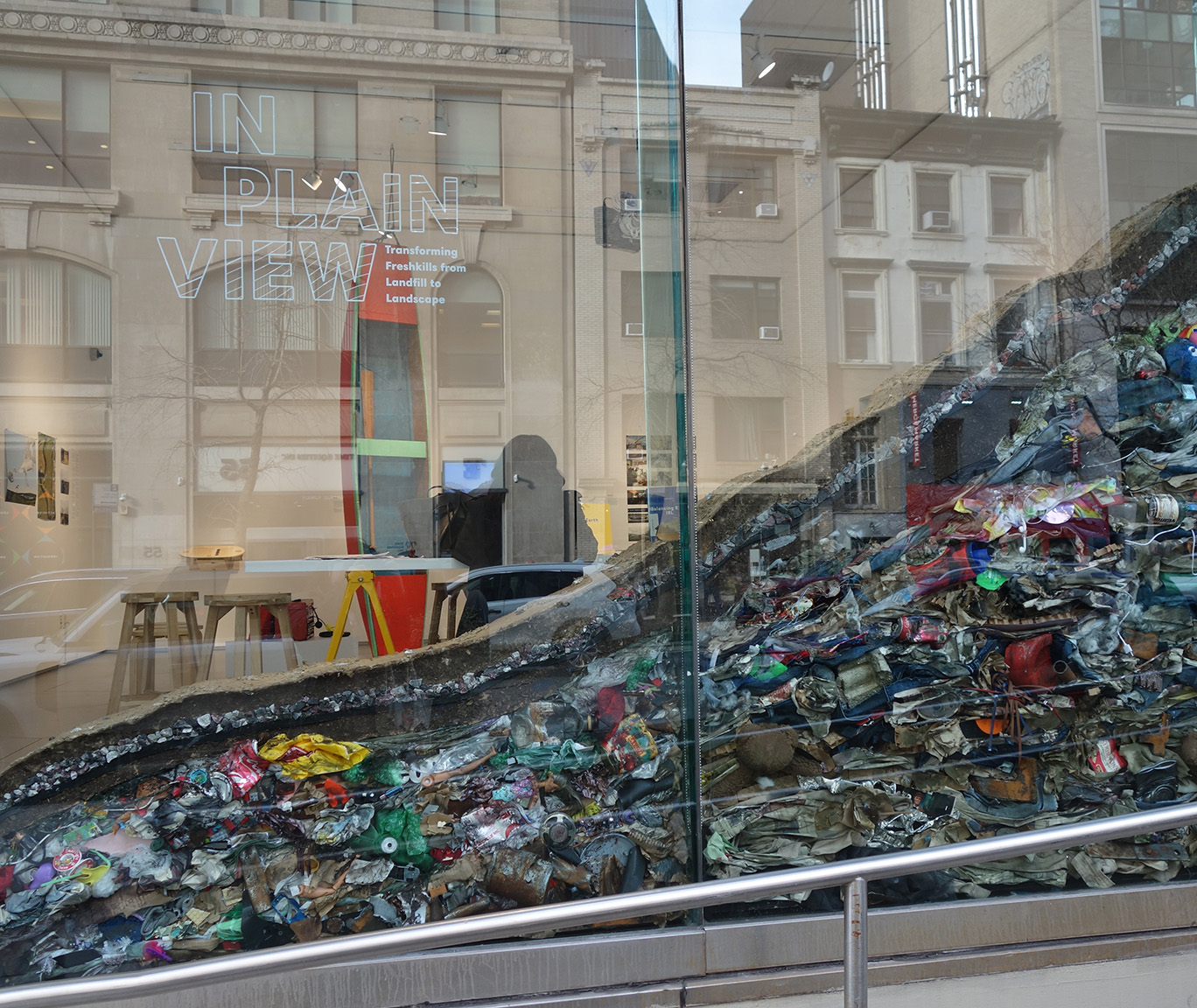

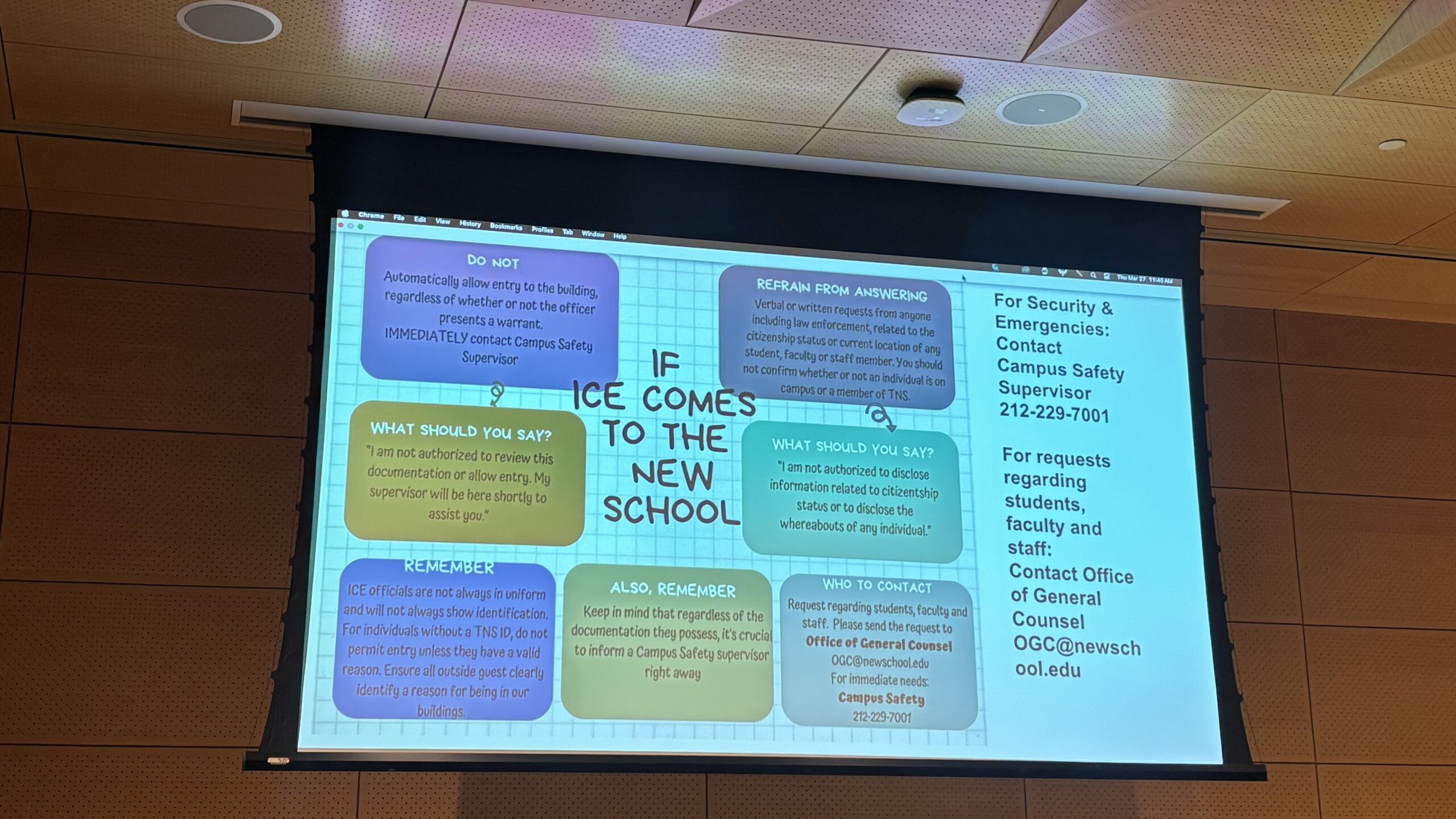
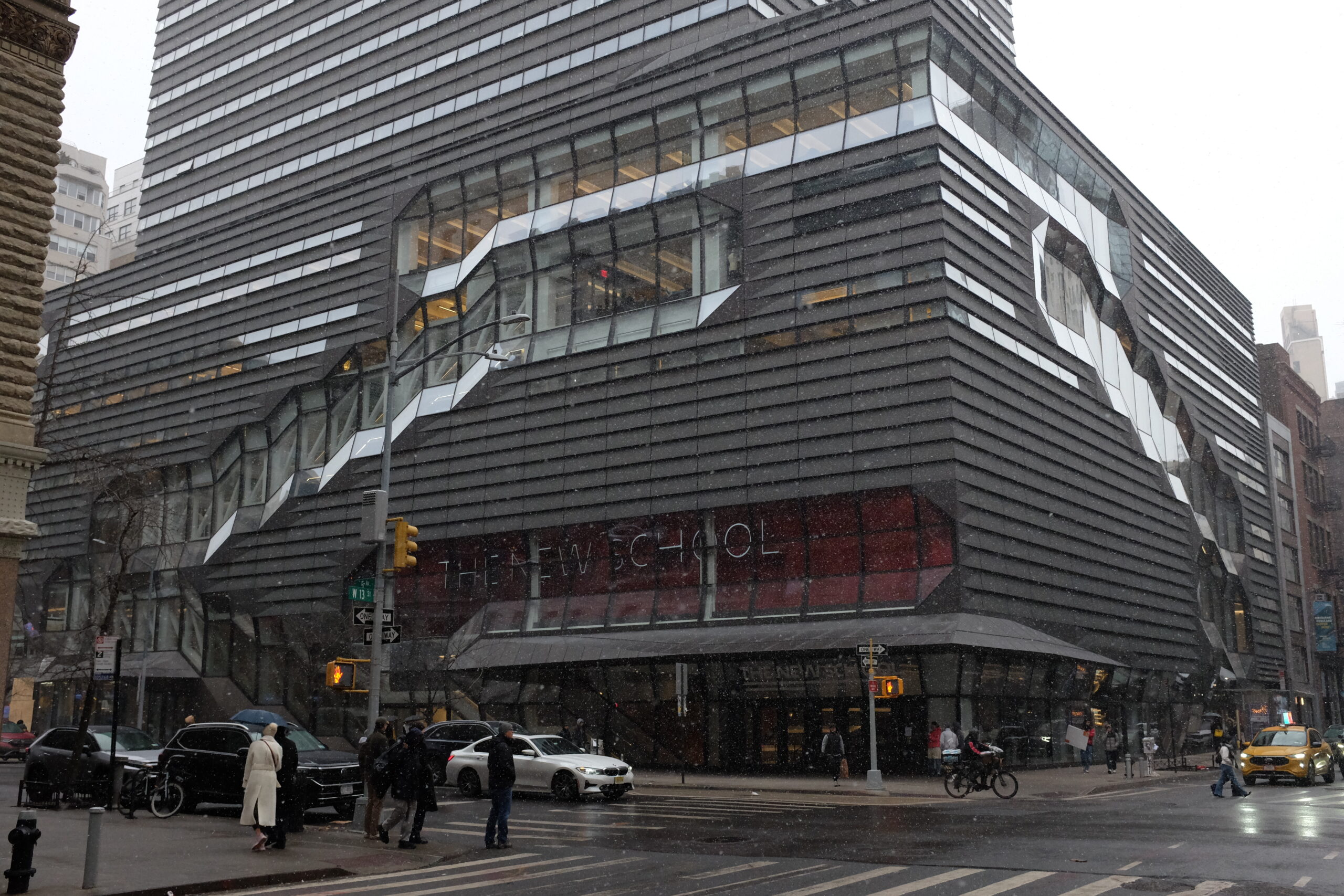

Leave a Reply